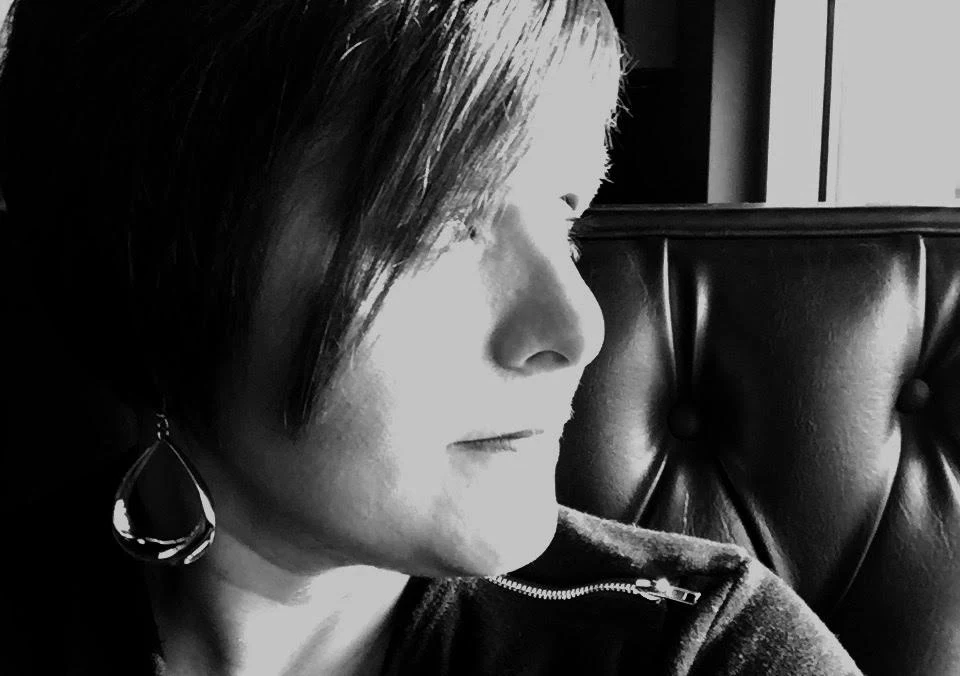The Keratoconus Group has been both a source of information and hope for me since I found it about a year ago. It is helpful to hear others' stories and experiences and know that others can relate to what I've been through.
I'm 44 years old and my life with keratoconus began when I was 17. I had worn glasses from the time I was in grade school, but I remember going to the eye doctor and having him tell me that I might be starting to develop a more complex eye condition. It was when I was 21 that I was actually diagnosed with keratoconus and told that I needed to wear rigid contact lenses to be able to correct my vision.
I wasn't given a lot if information about keratoconus then and I had never heard of anyone else I knew having the condition. As time progressed, I became more and more discouraged. As my vision continued to deteriorate and having to go through the long process of fitting lenses at the time, I would always ask the doctor what can be done. In the beginning I was told that not a lot was known about keratoconus, but that research was being done and that hopefully by the time I needed it, their would be cure.
Over the years I was able to find more and more information about keratoconus, and my progression seemed to be fairly normally (from what I was able to understand). Then in 2008, I started experiencing a more rapid progression. I needed new lenses two or three times a year. That was very discouraging for me because from what I had read, progression was supposed to slow, but then my doctor told me that wasn't necessarily the case.
Fitting my lenses became more and more difficult and I starting having corneal abrasions from the lenses not fitting correctly. Each time an abrasion occurred meant days out of the lenses as it healed, which meant I couldn't drive and had difficulty working. The doctor decided it was time for piggyback lens in my left eye. I was mortified. I had no idea how I was going to make this work. I couldn't get the hang of soft contact lenses and it took me months until I was comfortable putting them in and taking them out.
Around the same time, the doctor thought it was time for me to consult with a surgeon. I was told that I was not a candidate of Intacs because my corneas were too thin. I was also told that I should start preparing myself for the reality that corneal transplants would be necessary within 5 years. That was about three years ago.
Today, I'm sitting here typing my story, knowing that there is still much more to come. For the last week, my left eye (the one with the piggyback lens) has been painful and very sensitive to light. My night vision is horrible and my reading vision has even deteriorated to the point where I need reading glasses to read the tags on my clothes when I do the laundry. I have good days and bad days.
Honestly, I'm scared to death of the idea of corneal transplant surgery. I'm a busy and active person and the unknown about how my recovery will transpire is frightening. Not to mention that I hate being dependent on others.
As the rest of my story unfolds, I will be sure to share. I hope that my experience can provide support to someone else out there.
Kim Hall


